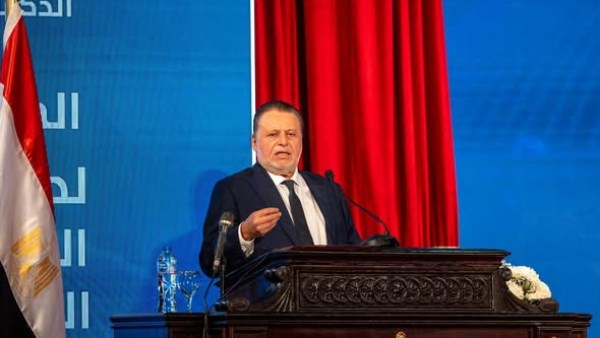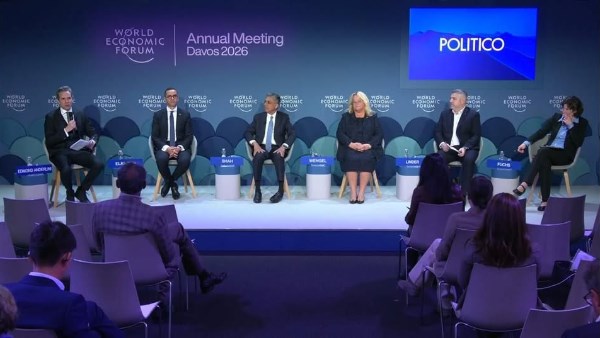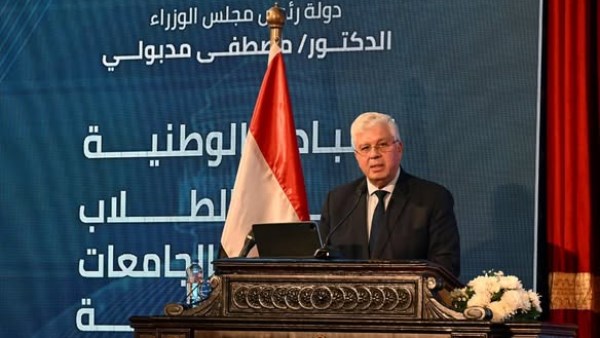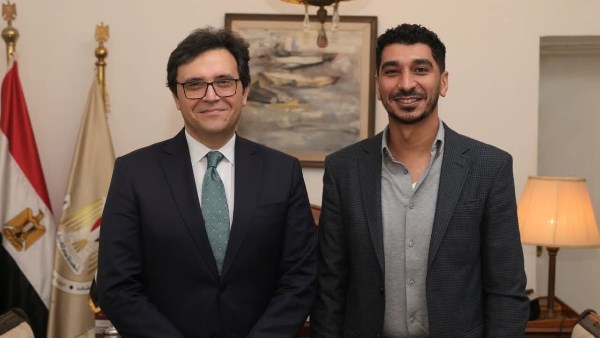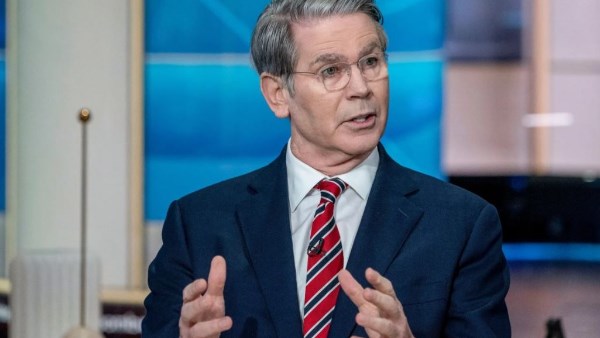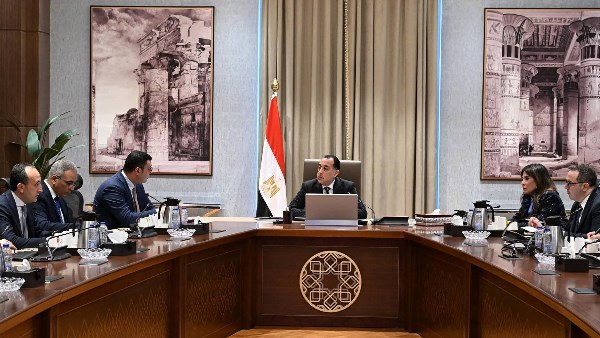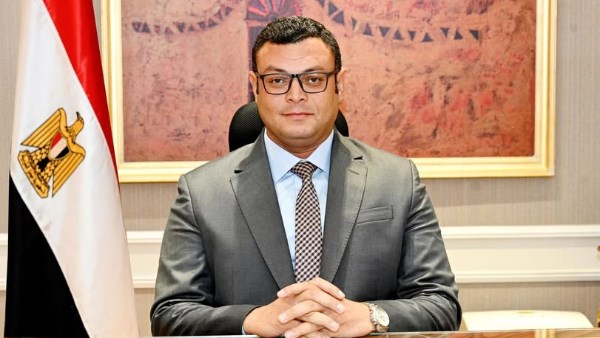
The Yemen-based Houthis have gone on to upend global trade
Iran Diplomat Likens Link With Militia Proxies to NATO Alliance

An Iranian diplomat likened Tehran’s alliance of militias across the Middle East to NATO، though denied his country has direct control over the groups as they brace for more US strikes against them.
“The relationship between Iran and the resistance groups in this region may be compared with the NATO treaty،” Iran’s ambassador to the United Nations، Saeid Iravani، told NBC News in an interview. He delivered his comments with a wry smile، even as regional tensions threaten to boil over.
Axis of Resistance
Iravani was referring to Iran-backed militia groups such as Hamas، Hezbollah and the Houthis، referred to as the ‘Axis of Resistance’ in Tehran، which have burst onto the global spotlight since Hamas’s Oct. 7 attack on Israel triggered the ongoing conflict in Gaza.
The Yemen-based Houthis have gone on to upend global trade by attacking shipping in the Red Sea، while persistent attacks on US regional bases blamed on other groups culminated in the killing of three American soldiers in Jordan late last month.
President Joe Biden’s administration has responded with a series of airstrikes since Friday and has vowed to maintain the barrage، while insisting the country doesn’t want to be pulled into a prolonged regional conflict.
Hamas، the Houthis and Hezbollah، a Lebanon-based group that has traded cross-border fire with Israel since Oct. 7، are designated terrorist organizations by the US.
“We have some coordination، cooperation، consultation، and maybe some financing،” Iravani said about Iran’s relationship with the proxies. But “they have their own choices،” he added، when it comes to military activities.
While it wasn’t immediately clear what Iravani meant by the comparison with NATO، his suggestion that the proxy groups are acting independently contrasts with NATO’s practice of explicit cooperation on military strategy.
Collective security
The North Atlantic Treaty Organization، a 31-member military alliance of which the US is the biggest funder، was formed as a way to ensure collective security after the Second World War. The group last year added Finland to shore up its eastern front following Russia’s invasion of Ukraine، while Sweden is seeking to join for the same reason.
NATO’s provisions include a commitment for members to support each other’s capacity to resist armed attack، consult on military matters and consider an attack on one as an attack on all.
Iran has openly backed – and sometimes helped create – armed groups across the region that share its enmity with Israel and the US، but denies having a role in individual operations and so far hasn’t publicly come to Hamas’s aid.





-1120252475029447.jpg)



